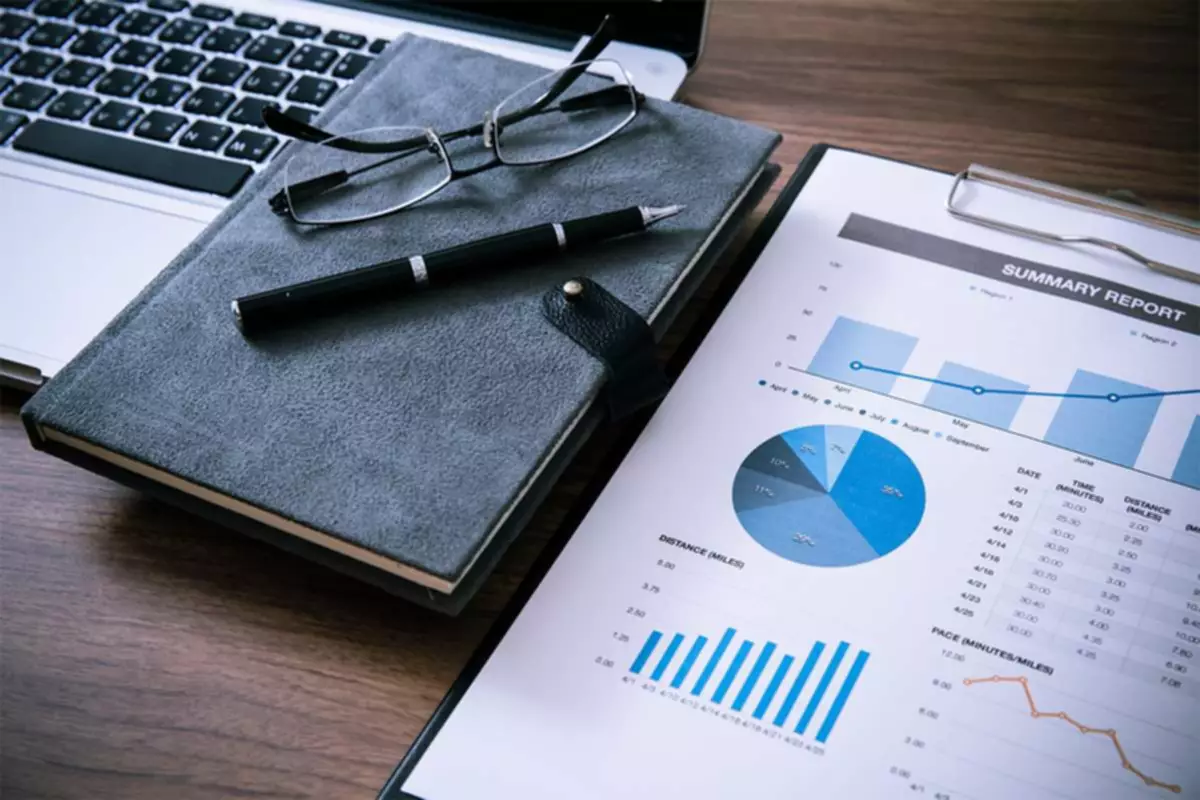Content

You also have to stay on top of the financial industry and markets to know how changes, such as new or updated regulatory compliance mandates, can affect the finances of a company or individual. The investigation report could also include the cause of Fraud, which involves, and how the Fraud happens. Gain unlimited access to more than 250 productivity Templates, CFI’s full course catalog and accredited Certification Programs, hundreds of resources, expert reviews and support, the chance to work with real-world finance and research tools, and more. As such, we cannot control the quality or accuracy of the translated content and certain translated words or phrases can have a different meaning to the intended translation. If you have a question about the translated content, please do contact us and we will clarify. Sign in to Akounto and get in touch with our experts to get all of your questions answered today.
What is the difference between accounting and forensic accounting?
Accounting vs. Forensic Accounting. Forensic accounting refers to accounting suitable for use in a court of law. Unlike accountants, forensic accountants must know how to collect evidence of a financial crime, interview third-party witnesses and testify as an expert witness.
White collar refers to office work as opposed to manual work or blue collar work. This information or any portion thereof may not be copied or disseminated in any form or by any means or downloaded or stored in an electronic database or retrieval system without the express written consent of the American Bar Association. The views expressed in this article are those of the author(s) and do not necessarily reflect the positions or policies of the American Bar Association, the Section of Litigation, this committee, or the employer(s) of the author(s).
A History of Forensic Accounting
Forensic accountants search for hidden assets in divorce cases and investigate breaches of contracts, tort, or disagreements relating to company acquisitions like breaches of warranty, or business valuation disputes. Since forensic accountants work closely with the court of law, thus their findings are to be backed by irrefutable and material evidence. They use their expertise to investigate fraud, embezzlement, and other white collar crimes. Forensic accounting is an investigative methodology to follow money or proceeds, conducted under the premise that the results of the investigation may be used in a court of law. Regardless of the purpose of your engagement — civil or criminal — forensic accounting is usually all about following the money.
A forensic accountant also needs the ability to maintain his composure when detailing these events on the witness stand and should be insensitive to personal attacks on his professional credibility. The accountant’s tasks include tracing funds, asset identification, asset recovery, and due diligence reviews. Forensic accountants may also train in alternative https://www.bookstime.com/articles/forensic-accounting dispute resolution (ADR) due to their high level of involvement in legal issues and familiarity with the judicial system. Forensic accountants sometimes are employed by big corporations to conduct internal audits that help in fraud prevention at the earliest. They may have to analyze the lifestyles of people to determine levels of spousal or child support.
Browse by format
Forensic accountants investigate and confirm if any financial crime has been committed and ascertain the extent and damages of the crime. If you think the forensic accountant path is right for you, what type of salary might you expect to earn? The latest Robert Half Salary Guide for the accounting and finance profession reports that $98,250 is the projected midpoint salary for this corporate accounting role in 2022.

Forensic accountants are trained to analyze financial data and identify fraudulent or illegal activities using their accounting and investigative skills. Due to Frank Wilson’s due diligence and analysis, Al Capone was indicted for federal income tax evasion in 1931. Though accountants have assisted in court cases as expert witnesses since 1817 (Meyer v Sefton), the Al Capone case brought forensic accounting to the fore. Naturally, you’ll also need a degree and/or background in accounting and finance. While you don’t have to be a CPA for the forensic accountant role, having that expertise could set you apart from the competition when you’re applying for jobs — especially if you also have a background in internal investigations and financial crime matters. Forensic accounting is a type of accounting that “follows the money” and analyzes financial information to look for evidence of potential financial misconduct.
Fraud Prevention, Detection and Response
MDD International and each of its member firms are legally separate and independent entities. MDD International does not itself engage in the provision of services to clients. It also covers bankruptcies, insolvencies, reorganizations, money laundering, and post-acquisition disputes. In other words, they have to convey their evidence using language that non-experts, i.e., lay people, understand. If you’ve decided to hire a forensic accountant, here are some issues you should consider when bringing one on.
What is the difference between forensic accounting and auditing?
Forensic accountants are often called upon to prepare reports and provide expert witness testimony in legal proceedings. Forensic auditors may be called upon to provide reports to management or to regulatory agencies, but their work is typically less focused on legal proceedings.
To become a CFE, forensic accountants need a degree, a CPA certification, relevant work experience, and to pass a series of CFE exams. While this certification isn’t required of forensic accountants, it can further develop their credibility and job prospects and deepen their knowledge of fraud. Many, but not all, forensic accountants are also certified public accountants (CPAs). CPAs are accountants with a specified amount of experience and education who have passed the CPA exam. While this certification isn’t required, it can help increase forensic accountants’ job prospects and pay and gives them credibility when testifying in court.
Meaning of forensic accountant in English
For instance, this can be caused due to disputes revolving around compensations. In such cases, the presence of a forensic account is considered to be very important. They often work with law enforcement agencies or attorneys and may be called upon to provide expert testimony in court. They can provide expert witness testimony supported by effective analysis, trial support by analysing materials and developing approaches to support the direct and/or cross examination process and comprehensive support for settlement scenarios. Forensic accountants analyze, interpret, and summarize complex financial data.
- Starting salaries can vary widely from city to city, and the Salary Guide provides breakdowns for compensation trends in various locations.
- You can begin a job search for forensic accountant positions on the Robert Half website.
- Some days you might be crunching numbers, some days you might be conducting interviews, and on other days, you might be reviewing documents.
- Forensic accounting is a specialized area of accounting that focuses on investigating financial crimes, disputes, and other irregularities.
- Bureau of Labor Statistics states that accountants working in finance and insurance had higher average salaries than those working in government.
- These resources are intended to assist practitioners in competently performing these duties while staying current on issues that impact their day to day practice.
